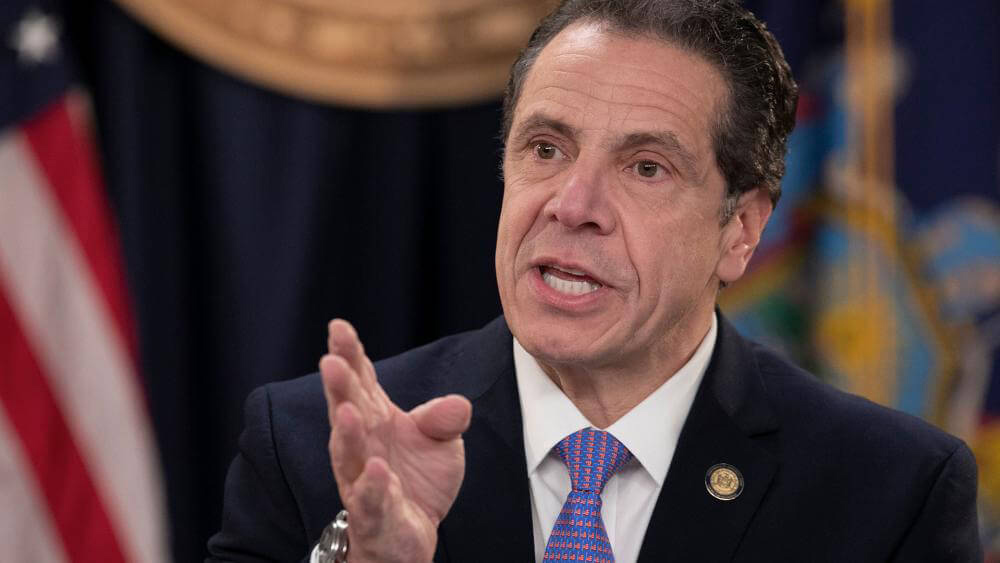By Singh Patel
As 2019 draws to a close, the New York Times has taken a look back at the past 11 months and declared this to have been “the year that New York bit back against big real estate.”
The evidence, the Times insists, is clear.
“First, a slate of Democratic candidates declared that they would not take money from real estate developers. They swept into state office last fall, displacing incumbents who were friendly to the industry,” noted writer John Leland. “Then in February, Queens officials, bucking the mayor and governor, scuttled Amazon’s plan to open a huge headquarters there, snubbing the promise of 25,000 jobs. In June, the new Democratic majority in Albany passed historic protections for renters, reversing decades of a Republican-controlled Senate chipping away at these laws. Real estate had for so long seemed invincible. And then, suddenly, it wasn’t.”
Of all the changes, the Statewide Housing Security And Tenant Protection Act Of 2019 may well be the single most significant. On June 14, 2019, Governor Andrew Cuomo signed the act into law. As the New York Department of State makes clear, it is “a sweeping and comprehensive collection of new provisions that strengthen tenant protections for all New Yorkers. To help licensed real estate brokers, salespeople, and other interested parties understand the new law, the New York State Department of State (the Department) has prepared this guidance.”
The Act broadly protects applicants seeking housing and tenants throughout the state, the Department of State explained. Under it, a “landlord, lessor, sub-lessor or grantor” is now prohibited from collecting an application fee greater than $20.00. Further, “if the potential tenant provides a copy of a background check or credit check conducted within the past thirty days” the fee must be waived.
Also under the Act, no “landlord, lessor, sub-lessor or grantor may demand any payment, fee, or charge for the late payment of rent unless the payment of rent has not been made within five days of the date it was due, and such payment, fee, or charge shall not exceed fifty dollars or five percent of the monthly rent, whichever is less.”
The loss of the Amazon deal was a debacle whose effects are still being felt. “Most of the 25,000 jobs that were supposed to come to Amazon’s HQ2 in New York City will now go elsewhere, now that Amazon has announced its backing out of its agreement with the city,” CNBC reported earlier this year.
Amazon’s spokesperson told CNBC that “the bulk of the 25,000 jobs that the company had promised to create in New York City for HQ2 will now go to other corporate offices and tech hubs owned by Amazon across 17 North American cities, including Boston, San Francisco and Vancouver.”




